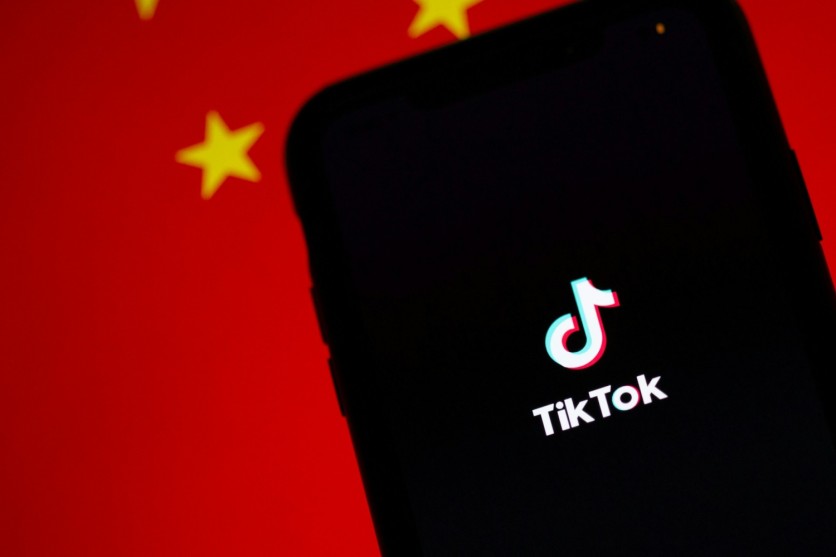A few months ago, President Joe Biden signed a significant bill that puts TikTok, the widely popular social media platform, in the crosshairs of U.S. national security concerns. The bill mandates that TikTok's parent company, ByteDance, must sell the platform to a U.S.-based entity by January 2025 or face a potential ban in the United States.
This controversy is not only the problem that the video-sharing platform is facing right now. It's even accused as a spy, suggesting that it has ties with China.
TikTok Challenges U.S. Government's Claims

Recently, TikTok escalated the situation by contesting the bill in a federal appeals court. The social media giant argues that the U.S. Department of Justice has misrepresented its connections to China, leading to what TikTok believes are unfounded concerns about national security.
According to Reuters, the company has filed a lawsuit seeking to overturn the law, asserting that the Justice Department's claims are based on factual inaccuracies.
The Justice Department has previously stated that TikTok poses a national security threat, alleging that the app enables the Chinese government to collect data on American users and potentially influence their content consumption. However, TikTok counters this by clarifying that its user data for U.S. users is stored on Oracle-operated cloud servers within the United States, and content moderation decisions are made domestically, without interference from China.
Related Article : South Korea Bans Viral TikTok Music Video Praising Kim Jong Un, Calls It 'Psychological Warfare'
The Legal Battle Over TikTok's Future in the U.S.
While TikTok's arguments may seem compelling to some, the ultimate decision lies with the courts. The law signed by Biden on April 24 is clear in its intention: to remove Chinese ownership of TikTok due to perceived national security risks. However, it's important to note that the White House's goal is not to ban TikTok entirely but to ensure it is no longer controlled by a Chinese-based entity.
The legal challenge is set to be heard on September 16, with the matter gaining even more attention as it approaches the November 5 presidential election. This has turned TikTok into a political hot potato, with differing opinions across the political spectrum.
Former President Donald Trump, who is running as a Republican candidate, has publicly opposed a TikTok ban, while Democratic candidate Vice President Kamala Harris has actively engaged with the platform as part of her campaign.
Free Speech and Constitutional Rights
TikTok's lawsuit also raises important questions about free speech. The company argues that the law infringes on its First Amendment rights by claiming that its content curation is considered "the speech of a foreigner" and, therefore, not protected under the U.S. Constitution.
TikTok likens this argument to suggesting that a U.S. newspaper republishing foreign content would lose its constitutional protection-a point the company strongly disputes, according to Phone Arena.
Implications for App Stores and Internet Hosting
The law also places restrictions on major app stores like Apple and Google, prohibiting them from offering TikTok if it remains under ByteDance's ownership. Furthermore, internet hosting services are restricted from supporting the app under the same conditions. These legislative measures come in response to growing concerns among U.S. lawmakers about potential data access and espionage risks associated with TikTok.
The future of TikTok in the U.S. remains uncertain as the ban nears. Whether ByteDance will sell the platform or face a ban by 2025 will depend on the outcomes of both the legal challenge and the political climate leading up to the elections.

ⓒ 2025 TECHTIMES.com All rights reserved. Do not reproduce without permission.




